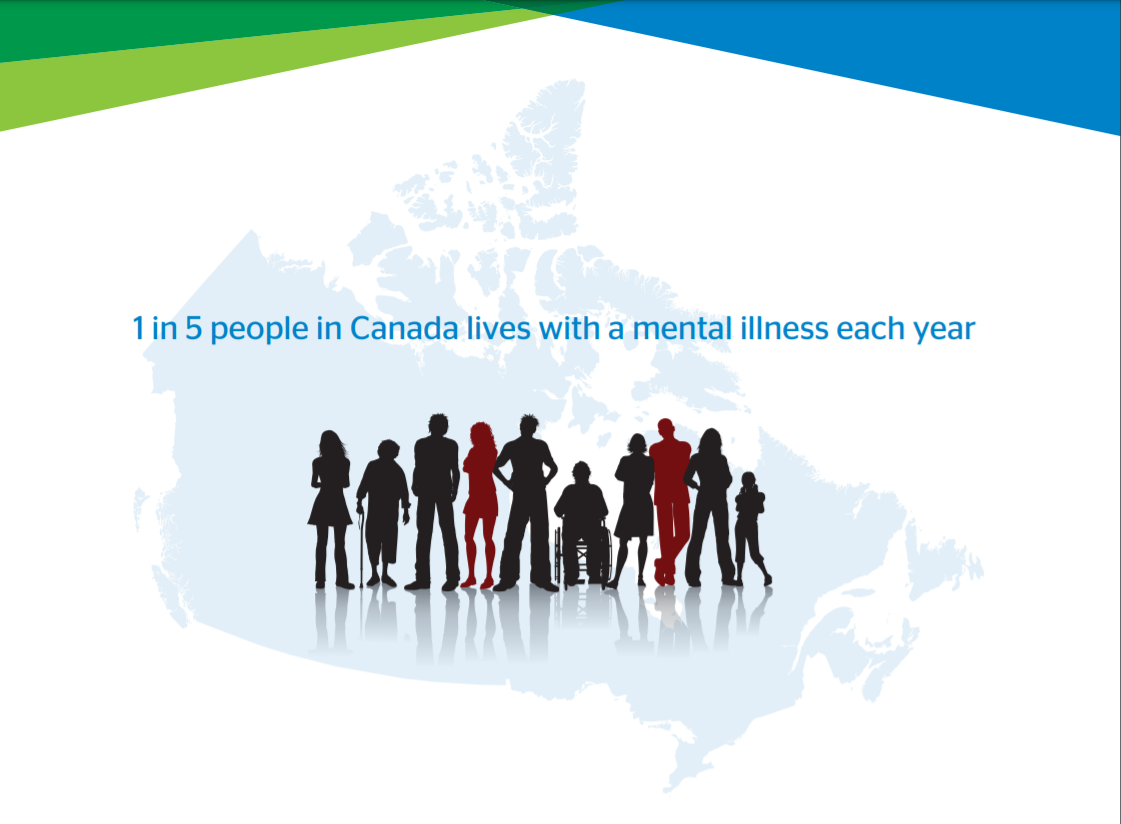If you are in distress, you can call or text 988 at any time. If it is an emergency, call 9-1-1 or go to your local emergency department.
- Reports, Research
Making the Case for Investing in Mental Health in Canada
In 2010, the Mental Health Commission of Canada commissioned a study to fill a gap in pan–Canadian information about the number of people living with mental health problems and illness today and the associated costs. The study built a unique model based on a wide range of existing studies in Canada and internationally. Its findings, combined with existing evidence of effective interventions, offer some key reasons for why it is important to invest smartly in mental health. The total cost from mental health problems and illnesses to the Canadian economy is significant. The impact of mental health problems and illnesses is especially felt in workplaces and among working-aged people. There is strong evidence that investing in effective programs can make a difference to the economy and to the health of the population.This report was published in 2013. The data may be out of date.
- Reports, Research
Making the Case for Investing in Mental Health in Canada
Making the Case for Investing in Mental Health in Canada
- Policy and Research
In 2010, the Mental Health Commission of Canada commissioned a study to fill a gap in pan–Canadian information about the number of people living with mental health problems and illness today and the associated costs. The study built a unique model based on a wide range of existing studies in Canada and internationally. Its findings, combined with existing evidence of effective interventions, offer some key reasons for why it is important to invest smartly in mental health. The total cost from mental health problems and illnesses to the Canadian economy is significant. The impact of mental health problems and illnesses is especially felt in workplaces and among working-aged people. There is strong evidence that investing in effective programs can make a difference to the economy and to the health of the population.
This report was published in 2013. The data may be out of date.
SHARE THIS PAGE
RELATED

Review our Assessment Framework for Mental Health Apps — a national framework containing key standards for safe, quality, and effective mental health apps in Canada.

To help expand the use of e-mental health services, we developed four online learning modules based on our Toolkit for E-Mental Health Implementation, in collaboration with the Centre for Addiction and Mental Health (CAMH).

Stepped Care 2.0© (SC2.0) is a transformative model for organizing and delivering evidence-informed mental health and substance use services.

